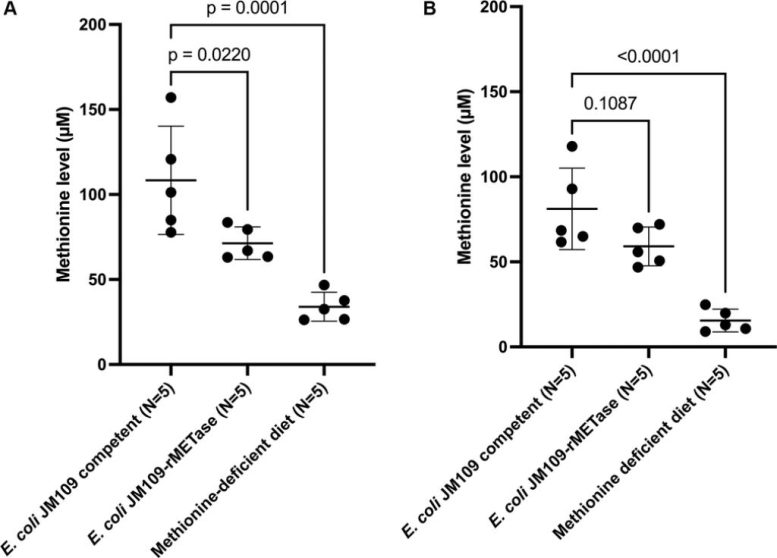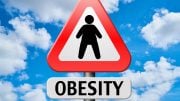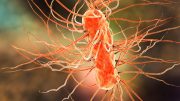
Mouse body weight increases with age, but obesity in older mice was reversed with a methionine-deficient diet or treatment with methionine-restricting E. coli JM109-rMETase. Both methods significantly lowered methionine levels, with the diet being more effective, and did not decrease lean muscle mass. Although humans find it hard to restrict methionine by diet alone, oral methioninase and engineered E. coli have shown promise in reducing blood methionine levels, suggesting potential clinical applications for reversing old-age-induced obesity.
“This is the first report that showed the efficacy of methionine restriction to reverse old-age-induced obesity.”
Obesity increases with aging. Methionine restriction affects lipid metabolism and can prevent obesity in mice. A recent study published in the journal Aging found that restricting the amino acid methionine affects fat metabolism and could help prevent obesity. In the study, they observed that C57BL/6 mice doubled their body weight from 4 to 48 weeks, becoming obese in the process.
The team then evaluated the efficacy of oral administration of recombinant-methioninase (rMETase)-producing E. coli (E. coli JM109-rMETase) or a methionine-deficient diet to reverse old-age-induced obesity in C57BL/6 mice.
“In the present study, we tested a low-methionine diet to reverse old-age-induced obesity. […] E. coli JM109-rMETase was also tested in the present study to reverse old-age-induced obesity.”

Blood methionine level at day 15 (A) and day 29 (B). Credit: 2023 Kubota et al.
Fifteen C57BL/6 male mice aged 12–18 months with old-age-induced obesity were divided into three groups. Group 1 was given a normal diet supplemented with non-recombinant E. coli JM109 cells orally by gavage twice daily; Group 2 was given a normal diet supplemented with recombinant E. coli JM109-rMETase cells by gavage twice daily; and Group 3 was given a methionine-deficient diet without treatment.
The administration of E. coli JM109-rMETase or a methionine-deficient diet reduced the blood methionine level and reversed old-age-induced obesity with significant weight loss by 14 days. There was a negative correlation between methionine levels and negative body weight change. Although the degree of efficacy was higher in the methionine-deficient diet group than in the E. coli JM109-rMETase group, the present findings suggested that oral administration of E. coli JM109-rMETase, as well as a methionine-deficient diet, are effective in reversing old-age-induced obesity.
“In conclusion, the present study provides evidence that restricting methionine by either a low-methionine diet or E. coli JM109-rMETase has clinical potential to treat old-age-induced obesity.”
Reference: “Old-age-induced obesity reversed by a methionine-deficient diet or oral administration of recombinant methioninase-producing Escherichia coli in C57BL/6 mice” by Yutaro Kubota, Qinghong Han, Jose Reynoso, Yusuke Aoki, Noriyuki Masaki, Koya Obara, Kazuyuki Hamada, Michael Bouvet, Takuya Tsunoda and Robert M. Hoffman, 9 June 2023, Aging.
DOI: 10.18632/aging.204783









Be the first to comment on "New Study Reveals: Methionine Restriction Could Reverse Old-Age Obesity"